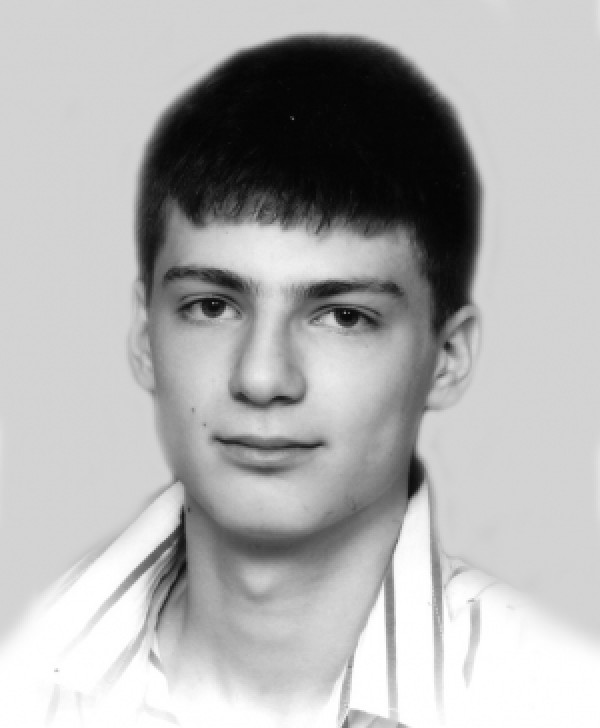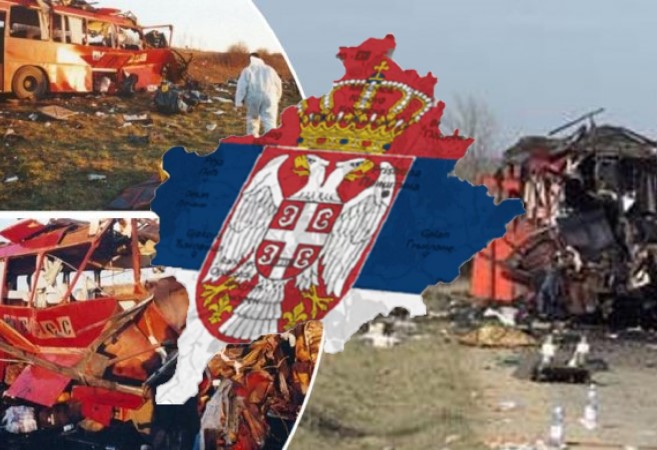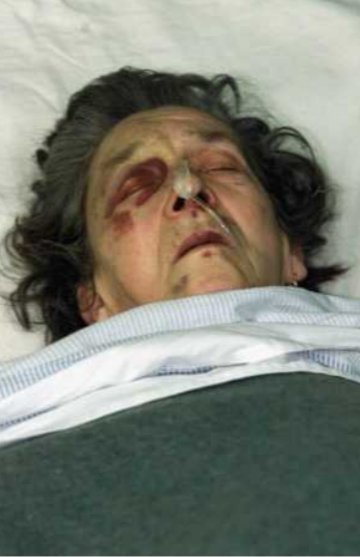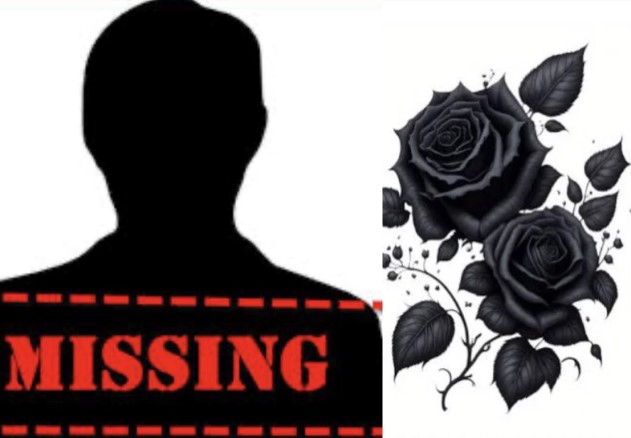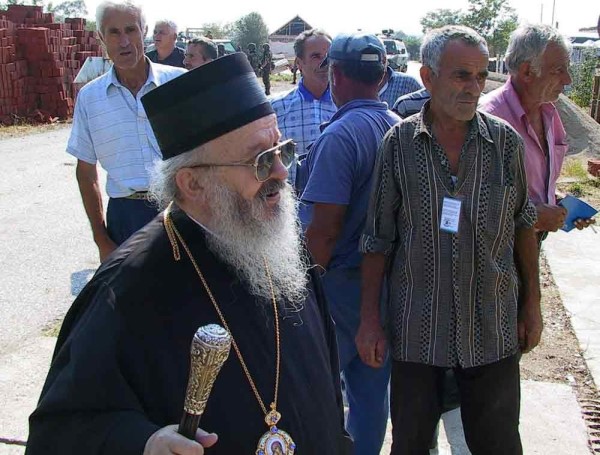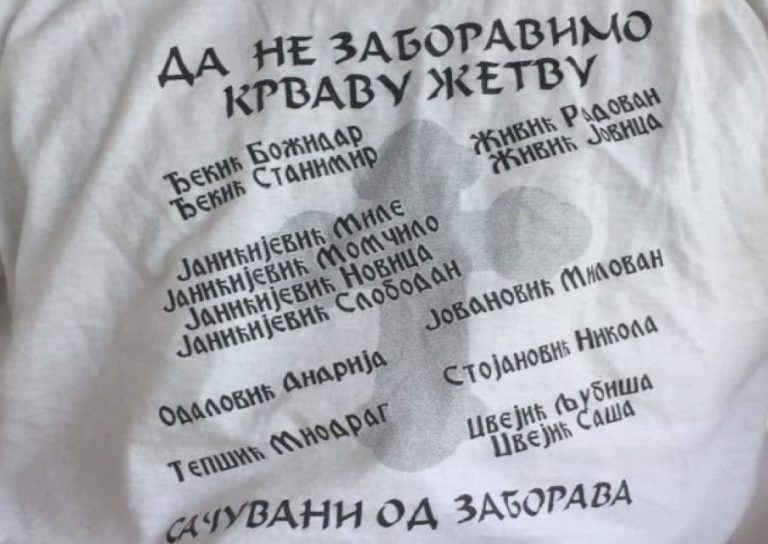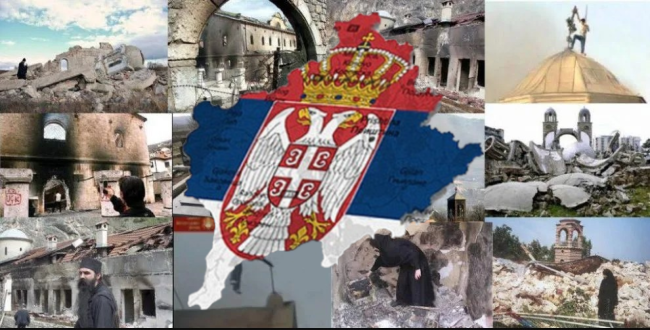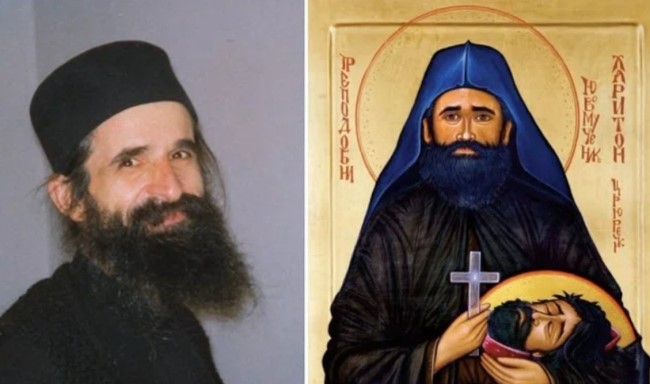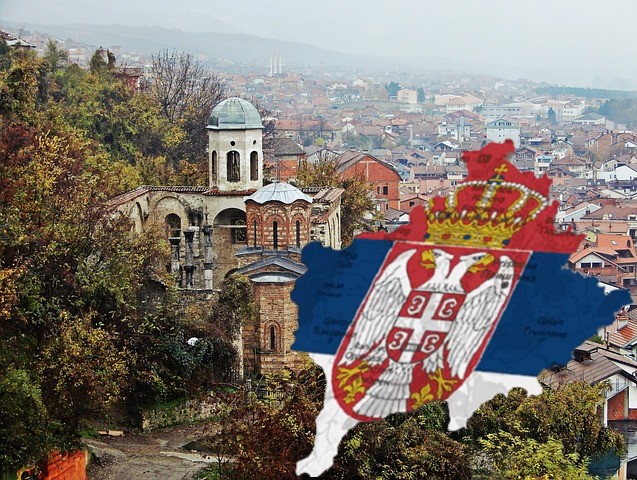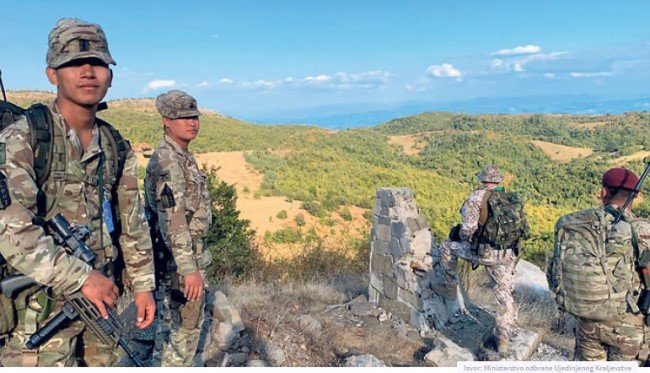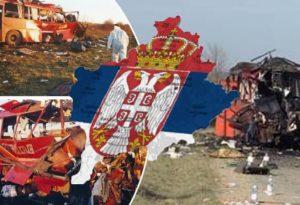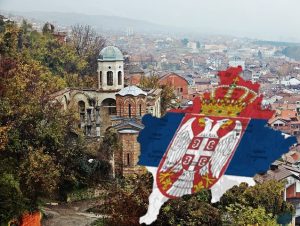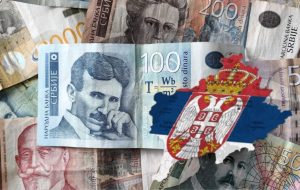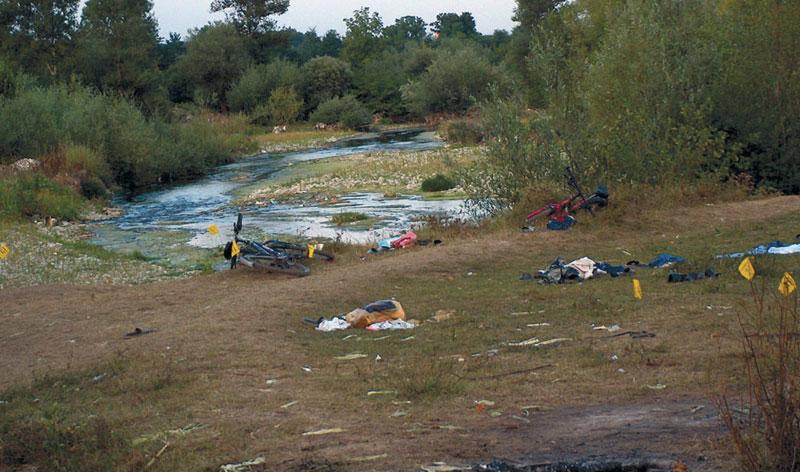
Terrorist attack on Serbian children in Goraždevac, Metohija
Goraždevac, Metohija, 2003
The heat of that 13th August day and the carefree children's laughter on the Bistrica river in the small town of Goraždevac in Metohija were interrupted by bursts of automatic weapons, fired by as yet unknown assailants. It was an attack on the Serbian population in who knows what order. I remember the moment when they came to inform me that a massacre had been committed and to inform me that we were leaving for Goraždevac because the population there needed professional support. I couldn't see what I was picking up from the table because of my tears. Arms and legs as if they were made of lead, they almost refused to obey. Tightness in my throat and tightness in my chest did not allow me to breathe normally. I remember the road to Goraždevac like through a fog. All my energy was directed towards calming myself down in order to gather the strength to calm down those who were fighting to save their children's lives at that moment.
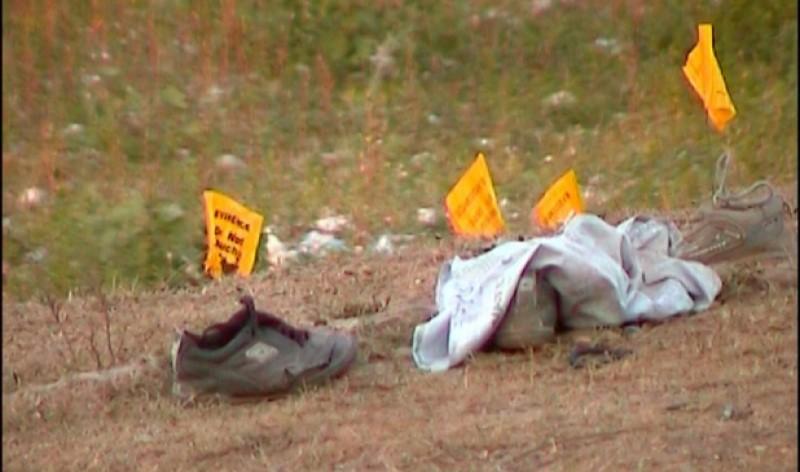
In Goraždevac itself, next to Bistrica where the attack took place, I find a horrible scene. Blood and scattered children's summer wardrobe everywhere. The wails of the boys who were killed and wounded close by tear the sky apart. There I found out that a burst of fire was opened on about 50 children, of which 2 were killed and 4 were seriously wounded. International military and administrative factors had already been in Kosovo and Metohija for 4 years, the massacre of Serbian children in Goraždevac was just one more in a series of proofs of their inability to control the situation on the ground. UNMIK offered a reward of one million euros for information about the perpetrators. The crime was never solved. The case was closed 11 years later and EULEX promised to open it again if new information came to light.
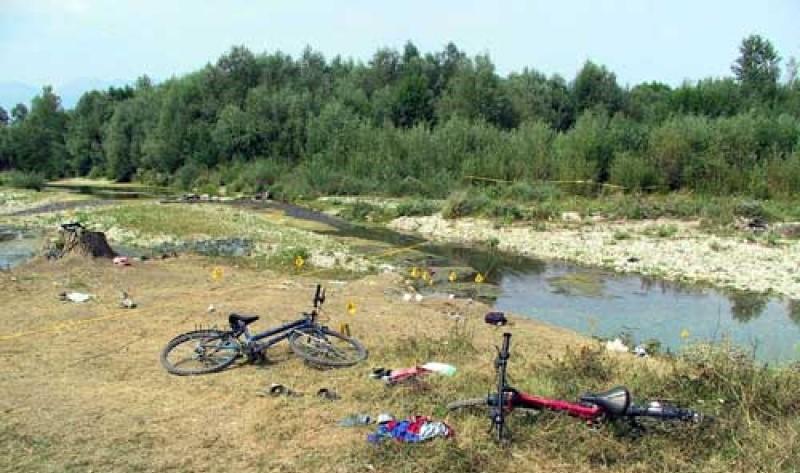
Ombudsman Marek Nowicki fell ill in the car on the way from Goraždevac to Pristina because of the shocking scenes. The next day at 10 a.m. in his office, he had a heart attack. Maybe he wouldn't have survived it if he hadn't grabbed a glass and poured himself a strong drink with the last atoms of his strength.
That afternoon, I visited him in the Pristina hospital. He looked at me silently, crying, aware of everything and yet powerless to basically change anything.

